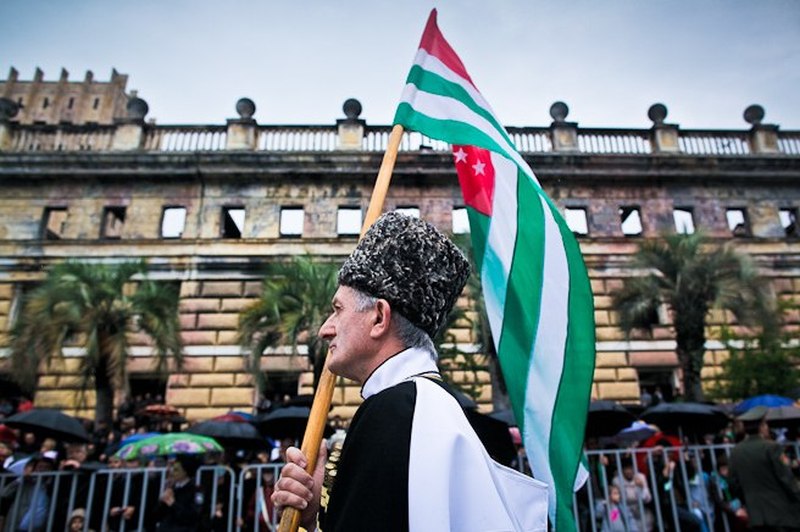The Abkhaz people are an ancient and resilient ethnic group living in the South Caucasus region, primarily in the Republic of Abkhazia. With a history that spans millennia, the Abkhaz have a rich cultural heritage and a distinct language, contributing to the vibrant tapestry of the Caucasus. Despite enduring various challenges throughout history, the Abkhaz people continue to strive to preserve their cultural identity and traditions in the face of modernity and geopolitical complexities.
Historical Background:
The origins of the Abkhaz people trace back to antiquity, with historical records suggesting they have inhabited the Caucasus region for thousands of years. Throughout their history, the Abkhaz people have faced various external influences and conflicts, including invasions from neighboring empires and kingdoms. They have demonstrated a remarkable ability to adapt and maintain their unique cultural identity.
Language and Culture:
The Abkhaz language, a member of the Northwest Caucasian language family, is central to the Abkhaz people’s cultural identity. It plays a vital role in the transmission of their history, folklore, and traditions from one generation to the next. Despite external pressures, efforts are being made to preserve and promote the Abkhaz language through educational programs, media, and cultural initiatives.
The Abkhaz culture is rich and diverse, with a strong emphasis on family, community, and hospitality. Traditional customs, music, dance, and art form an integral part of their cultural heritage. Abkhaz folk music, in particular, reflects the people’s deep connection with their homeland and their struggles throughout history.
Challenges and Resilience:
The Abkhaz people have faced numerous challenges throughout their history, including territorial disputes and geopolitical complexities. The region of Abkhazia experienced conflict in the early 1990s, which resulted in significant displacement and loss of life. The aftermath of the conflict had a profound impact on the Abkhaz people, but they demonstrated resilience in rebuilding their communities and preserving their culture.
Amidst modernization and globalization, preserving their unique cultural heritage remains a pressing concern for the Abkhaz people. As with many indigenous communities, there is a risk of cultural erosion due to outside influences and the migration of younger generations to urban centers. However, the Abkhaz community remains committed to safeguarding their traditions through various cultural events, educational initiatives, and international collaborations.
Conclusion:
The Abkhaz people stand as guardians of a cultural legacy that spans centuries. Their language, customs, and history contribute to the vibrant tapestry of the Caucasus region. In the face of adversity, the Abkhaz people have shown remarkable resilience, striving to preserve their identity and traditions for future generations. As a global community, it is vital to support their efforts to preserve their unique cultural heritage and respect their right to maintain their identity amidst a changing world. By valuing and celebrating the cultural diversity of the Abkhaz people and other indigenous communities, we enrich our understanding of humanity’s shared past and build a more inclusive and harmonious future.



















Add Comment